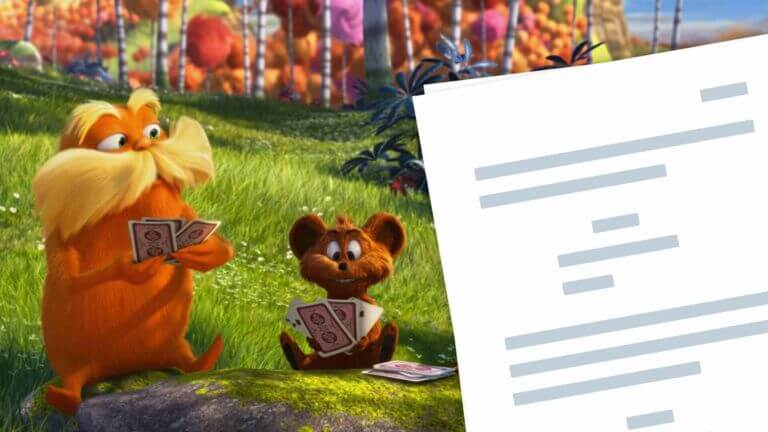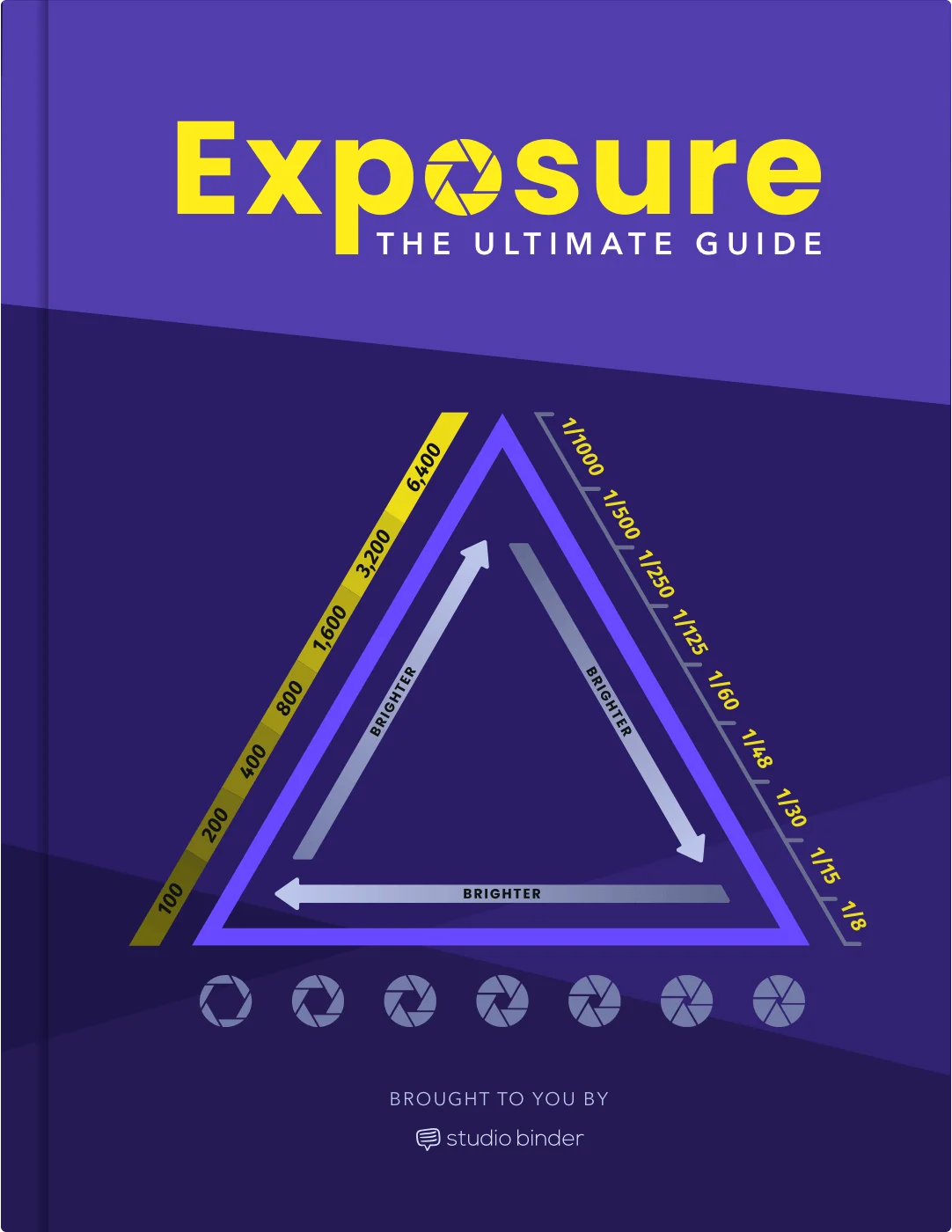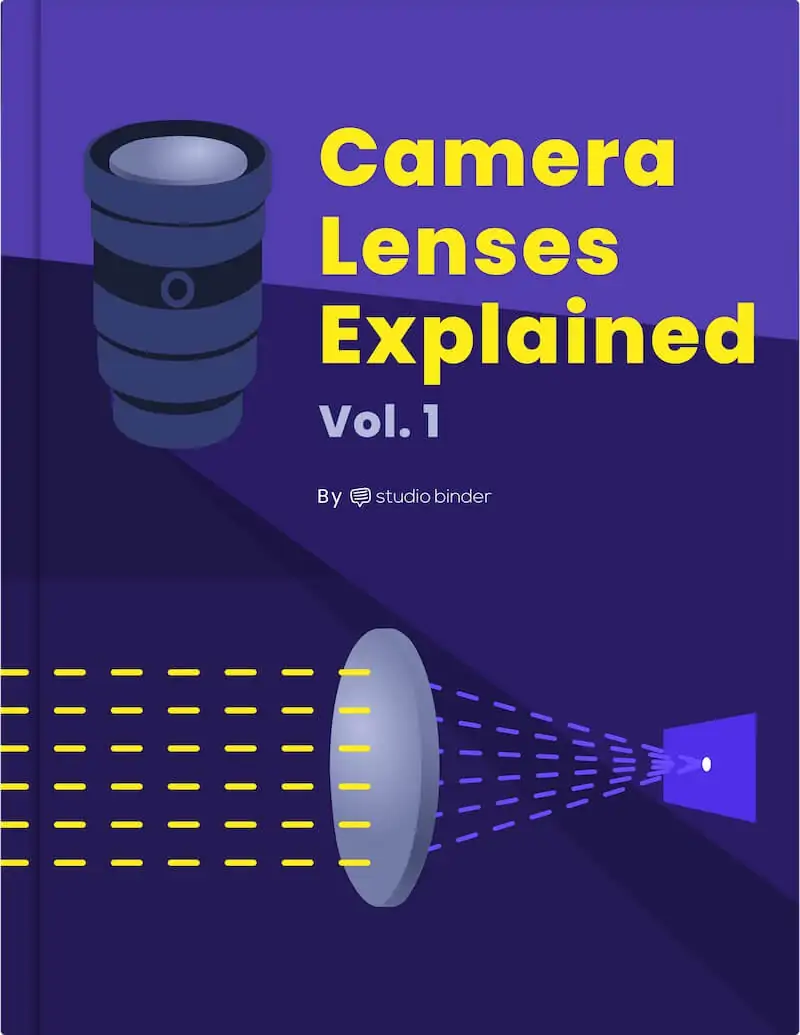Christopher Nolan is one of the most revered directors of the 21st century, known for his cerebral blockbusters like Inception and The Dark Knight. Much is made of his striking visual style and expert direction, but his work as a screenwriter is equally important to his career success. While Nolan’s cinematic subjects are far ranging—from sci-fi epic to revenge thriller to war drama—there are many common themes and tools that he uses time and time again. Let’s look at the Christopher Nolan writing process and what every writer should take away from it.Continue reading Christopher Nolan’s Writing Process Explained & Script…
The term “Plot device” has grown to be taboo in the world of writing. Most screenwriters associate the term with an inherently negative connotation, but that doesn’t have to be the case. Plot devices have existed since the inception of stories, and for good reason.So what is a plot device? In this article, we’re going to define what a plot device is, then look at some examples from film that show how they can be used in both poor and effective ways. Continue reading What is a Plot Device? Definitions and Examples
The Ex Machina screenplay is a masterclass demonstration on how to write a story with complex themes in a limited setting. We’re going to break down the Ex Machina script by looking at its setting, dialogue and tone. By the end, you’ll know how to write an engrossing feature length script with just a few characters. Continue reading Ex Machina Script PDF Download: Plot, Characters & Quotes
Joker dominated 2019. Upon its release, it topped the box office and attracted an unprecedented amount of attention from press and public alike. Joker’s ending is without a doubt one of the main reasons why: it’s a third act filled with unforgettable moments and tantalizing twists. What makes the Joker ending so instantly iconic? The answer lies in director Todd Phillips’ use of form, theme and social commentary, all of which become clear upon further analysis.Continue reading Joker Ending Explained — How to Make a Satisfying Finale
Edgar Wright has made some of the most acclaimed and beloved films of the 2000s, with the Cornetto trilogy (Shaun of the Dead, Hot Fuzz, The World’s End), and a few other favorites like Baby Driver. Nestled in-between is Scott Pilgrim vs. the World, a box office bomb but adored cult film based on the Bryan Lee O’Malley comic series. Co-written with Michael Bacall, the Scott Pilgrim script is a wonderful example of how to write a comedic, comic book inspired, video game infused love story that defies categorization.Continue reading Scott Pilgrim vs. the World — Script PDF Download and…
Dr. Seuss’ The Lorax is a classic children’s book that doubles as a cautionary environmentalist tale for adults. In 2012, The Lorax was adapted by Illumination Entertainment into a feature film. We’re going to break down the film version of The Lorax by looking at its script. We’re also going to dissect what made The Lorax script succeed as a film adaptation. By the end, you’ll hopefully have a new appreciation for Seuss’ classic book.Continue reading The Lorax Script PDF Download: Characters & Quotes
Writing contests are great ways to build your portfolio, and hone your writing skills. For emerging writers especially, the price to pay is usually quite small, while the rewards range from getting published to receiving thousands. Not a bad trade-off. The only reasonable downside is all the extra work...for well...all the extra rejection. Ah, I’m only slightly kidding. Rejection is part of the journey. It’s the bumpy road that takes you from nobody to somebody. So even if you don’t win first prize, entering into contests can help you get better. This article looks at some of the best short story…
Blade Runner 2049 breathed new life into Ridley Scott’s world of replicants and blade runners due to its great performances, steady direction, and bold cinematography. But all of the visual splendor that we see in the final cut, was once just words on a page. The Blade Runner 2049 script set the stage for a sequel that was even better than the original. We’re going to explore why the script is so good by looking at its structure, fight scenes and ending. But before we get into our analysis, download a Blade Runner 2049 script PDF below and read along!Continue…
Human beings have been telling stories for as long as we have roamed this Earth. Storytelling has gone from oral tradition to a natural part of the cinematic landscape. And in-between it all, we have learned how to end a story. Throughout our years telling stories, we have learned that there are ultimately four ways to end one. We will be going over each of these four ending types and explaining their characteristics for knowing how to end your screenplay. Let's begin at the beginnings before we end with the endings! Continue reading How to End a Story — Different Types…
Motifs are a great way to imbue a project with extra layers of meaning and substance. Through the use of intentionally placed visual or audio cues, a filmmaker can make any character, object, location, or sound into something much more than the sum of their parts. They become ideas representative of a greater theme and can often make all the difference in communicating to an audience what a scene or narrative is REALLY about. To better understand how motifs work and how to use them effectively, we’re going to break down an example filled with symbolic meaning; the world of,…



















